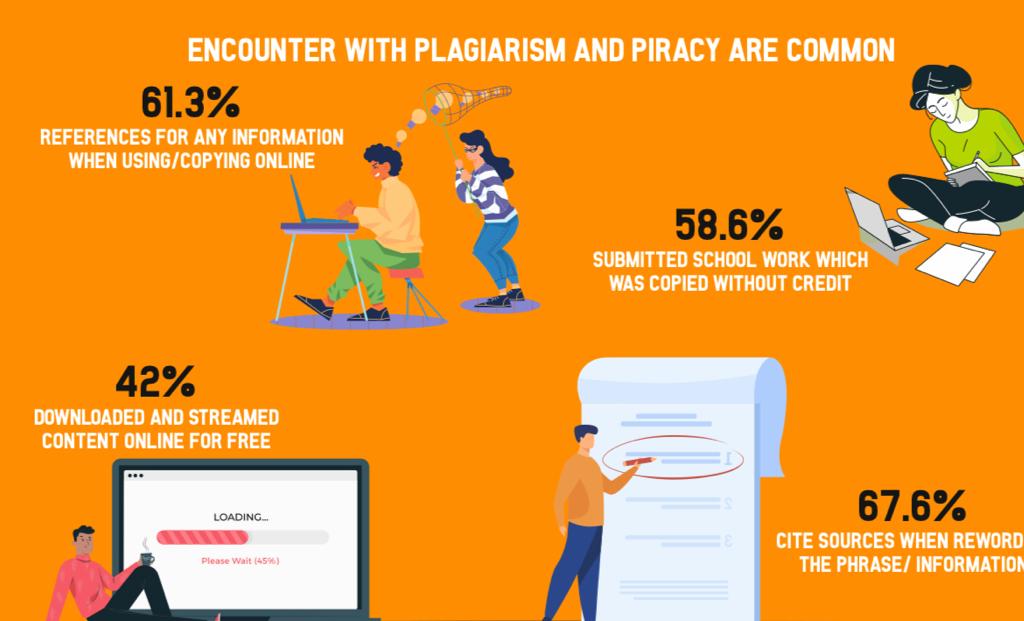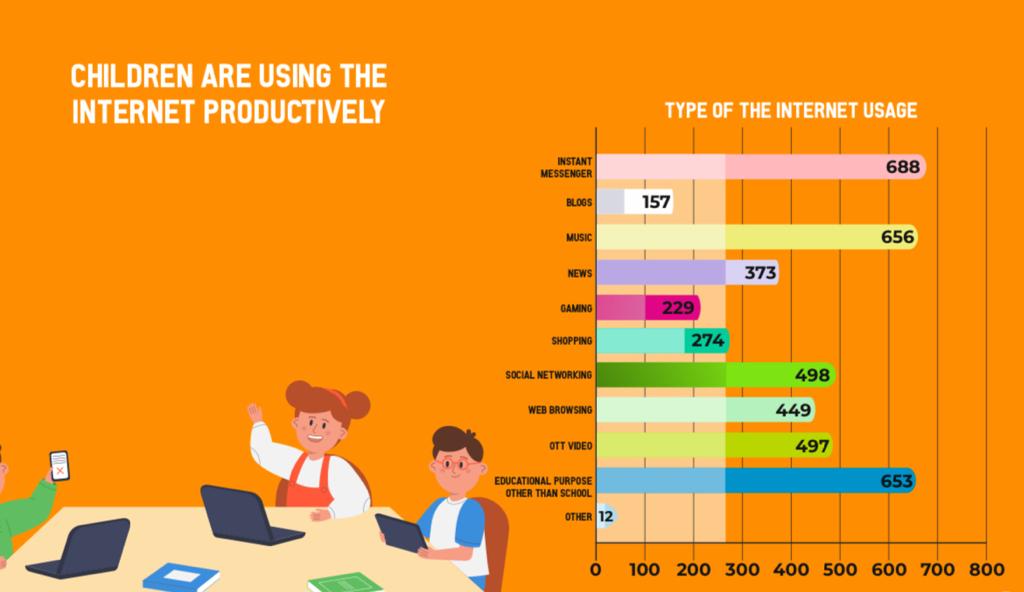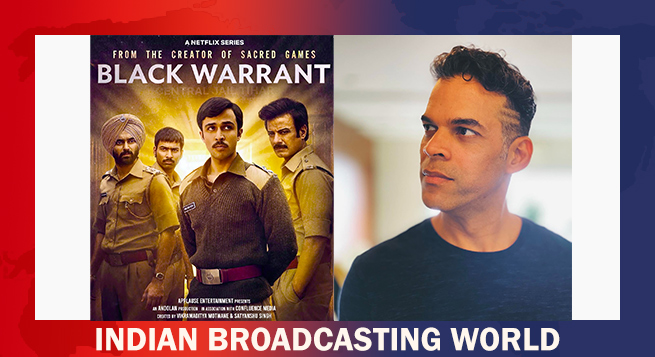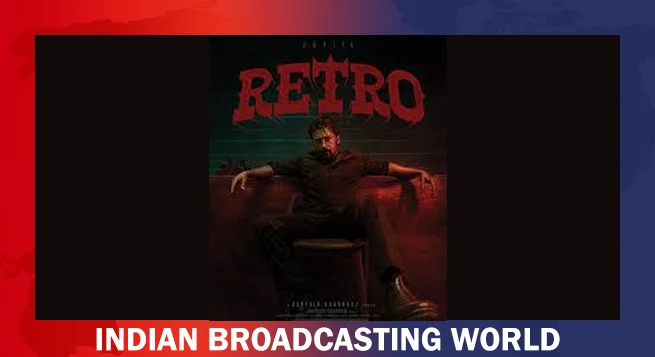Disney Star recently released the ‘Responsible Digital Citizenship and Online Safety’ report, in collaboration with Wranga, an Indian start-up focused on cyber safety for kids.
The objective of the report was to assess the proficiency of young online users with the safety tools at their disposal and identify their preferred mode of learning.
The study was undertaken to understand—and contribute to—the domain of digital education for creative expression, learning, and participation of students as responsible digital citizens, and to ensure their digital wellbeing. The survey is one of the main elements in the first phase of this program, alongside workshops, training, focus-group discussions, and the design of curricula, ANI reported.
Mihir Rale, Chief Regional Counsel, Disney Star, said, “This study is a great starting point for the discussion on digital safety in India. As we and our children increasingly spend time online, it is a matter of urgency that digital safety becomes a central theme. I believe the report should go a long way towards strengthening online security.”
According to Amitabh Kumar, CEO, Wranga, “I feel that this report, compiled with the invaluable co-operation of Disney Star, can be the start to a conversation we must all be having. Because our children are spending a lot of their time online, it is imperative that we understand the particular challenges and threats they face, and that we resolve to make the digital world as safe as possible for them.”

Present at the launch of the report was chief guest Annapurna Devi, Minister of State for Education, Government of India, who gave a special address stating, “The National Education Policy, under the guidance of Hon’ble Shri Narendra Modi Ji, has been created by honorary literates and equips the Indian youth and masses with Ed-tech. Wranga’s efforts towards digital citizenship and online safety are being reflected in the project report taken up in collaboration with Disney Star, which is truly commendable.”
“In the present times, the digital presence of students and educational institutes has significantly increased. Thus, educating our youth about the safety and security of utilizing the Internet is imperative to make them responsible digital citizens. Along with the teachers, it is also the responsibility of the youth’s guardians to steer them in the right direction. I believe that this project will be beneficial, and congratulate the stakeholders from both Team Disney Star and Wranga for this achievement.”
Conducted among school students, the report found that the greatest threat students face in the online space is the inappropriate sharing of images. Another key takeaway from the many conclusions drawn was that 84 percent of users have come across fake news online. Students also revealed that although topics like cyberbullying and misinformation are touched upon in the classroom, more must be done to have a real-life impact. “Topics were taught but not enforced in any way. So they didn’t have any real-world impact,” the report revealed.
70 percent of respondents were worried about their online privacy and safety—besides improper use of photos, they also raised concerns over setting up fake profiles or misrepresenting profiles, taking screenshots without permission and circulating, stumbling upon inappropriate visual and textual content, and unwanted approaches in chat rooms, on social networking sites or email.

On the positive side, however, an overwhelming 80%-90% of students believed that the Internet has helped broaden their horizons, and prefer to use the World Wide Web for learning new subjects and for creative expression. Interestingly, the respondents listed specific topics they would like to deep-dive into through their school curriculum, including Legal Protection, Internet Privacy, and Cyber Wellness.
This initiative is a step towards building a secure digital space for India’s youth. It also highlighted apprehensions that users have while reflecting on the measures that need to be taken to enhance their online experiences, and identifying the resources required to build capacities that can guarantee safe digital surfing.
Wranga collaborated with various stakeholders such as teachers, parents, institutions, the Government and its agencies NGOs/SOs, online platforms, and legal and cyber security experts for a comprehensive consultation. The survey was carried out amongst children of school-going age in India, from January to April 2022. Altogether, 842 responses from students from grades IX-XII were documented and analyzed.
The virtual event also saw panel discussions on the many aspects of digital citizenship, in which domain experts discussed existing gaps in online safety and shared recommendations on how young adults can become vigilant and accountable for their online actions.
 ‘Black Warrant’: Motwane’s aimed to make an entertaining jail series
‘Black Warrant’: Motwane’s aimed to make an entertaining jail series  Draft data protection rules aims to balance rules & innovation: Minister
Draft data protection rules aims to balance rules & innovation: Minister  WWE, Netflix endeavour to make wrestling big hit globally
WWE, Netflix endeavour to make wrestling big hit globally  Priyanka Chopra Jonas joins oscar-shortlisted film ‘Anuja’ as executive producer
Priyanka Chopra Jonas joins oscar-shortlisted film ‘Anuja’ as executive producer  Tata Play unveils ‘Sirf Lage Mehenga’ campaign
Tata Play unveils ‘Sirf Lage Mehenga’ campaign  The Advertising Club announces Big Bang Awards 2024
The Advertising Club announces Big Bang Awards 2024  Live Times emerges as India’s most engaging news platform with record ATS
Live Times emerges as India’s most engaging news platform with record ATS  Suriya’s ‘Retro’ set to release on May 1
Suriya’s ‘Retro’ set to release on May 1 








